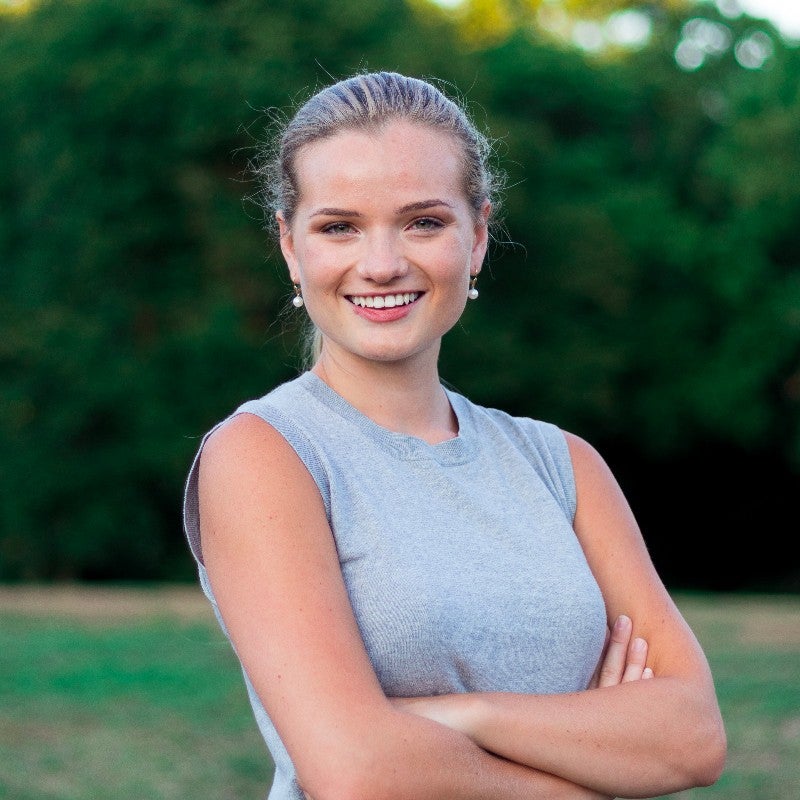By Caroline Gillette ’24

A couple weeks ago, I watched a woman be tried for Operating Under the Influence of Alcohol. I arrived at the Roxbury Division of the Boston Municipal Court a little before 9 a.m. for my clinical placement with the judge I would be shadowing, arranged by the Judicial Processes in Trial Courts Clinic. There were some pre-trial motions to work through in the morning, so it was not until around 11 a.m. that we started impaneling a jury. I watched the entire trial before my day was done: pre-trial motions, impanelment, opening statements, presentation of evidence from both the Commonwealth and the defense (3-4 witnesses altogether, including the defendant), and closing arguments. I had to duck out at 4:30 for an appointment, but while in transit I received an email from the judge. After eight minutes of deliberation, the jury was back with a verdict (not guilty).
In my clinical seminar the following Monday, we went around the room and each briefly talked about things we’d seen or worked on during the previous week. I was the only one in the clinic placed in a community court—everyone else was in either superior court or federal district court. Some students talked about trials that were entering their third week, or assignments they had been working on since the beginning of the semester (reviewing administrative decisions seems to take a long time). Those are fabulous experiences that allow you to dive in deep on a case or on a body of law. But if you want to see a lot happen in a semester, or even just a day, community courts are the place to be.
The sheer number of trials and evidentiary motions I observed meant that I saw a lot of approaches to trial work. That particular trial had very solid lawyers on both sides. The Commonwealth had a few good pieces of evidence, but there were several facts that undermined their overall case. The Assistant District Attorney highlighted the most damning points and provided plausible alternative explanations for the exculpatory evidence. The defense attorney expertly elicited this exculpatory testimony from the officer-witness on cross examination, and, in closing, drove home the doubt it threw on the Commonwealth’s theory of the case.
Over the course of the semester, I saw a lot of good lawyering. Realistically, I also saw some bad lawyering, but I learned as much from that. In either case, the opportunity to get the judge’s opinions in chambers afterwards was invaluable. I was fortunate enough to be placed with a judge who I could ask day after day why he thought a lawyer had made a particular choice, or how he thought a certain line of questioning would play to the jury. Sometimes I might say that I thought a particular choice by a lawyer had been bad strategy. The judge would either ask me how I would have argued it (and evaluate my choice) or he would ad lib a way he might have argued it himself. To be sure, because cases move so fast, many rulings are made from the bench, which means there is less writing opportunity for an intern. An important evidentiary motion for a case might only be taken into consideration for twenty minutes, but that means I got a lot of insight into judicial thinking, by sitting and listening to (or going back and forth with) the judge as he thought through a legal problem in real time.
Indeed, as should not be surprising given the name of the clinic, the greatest benefit of the Judicial Processes in the Trial Courts Clinic was not just getting to see a lot of lawyering, but a lot of judging. What I saw impressed me very much. As I said, Roxbury is a community court; these courts handle the kind of low-to-mid-level charges that comprise the bulk of interactions with the criminal legal system. If you spend a semester working in a community court—seeing so many cases and people each day—you start to get a sense of the cumulative impact of the criminal legal system. The judge does not just treat each of the many matters that come before him with careful attention and compassion (regardless of how many cases he has already heard and how many cases remain on the day’s docket), but he is cognizant of and intentional about the court’s role in the community.
Filed in: Clinical Student Voices
Tags: Class of 2024, Judicial Process in Trial Courts Clinic
Contact Office of Clinical and Pro Bono Programs
Website:
hls.harvard.edu/clinics
Email:
clinical@law.harvard.edu